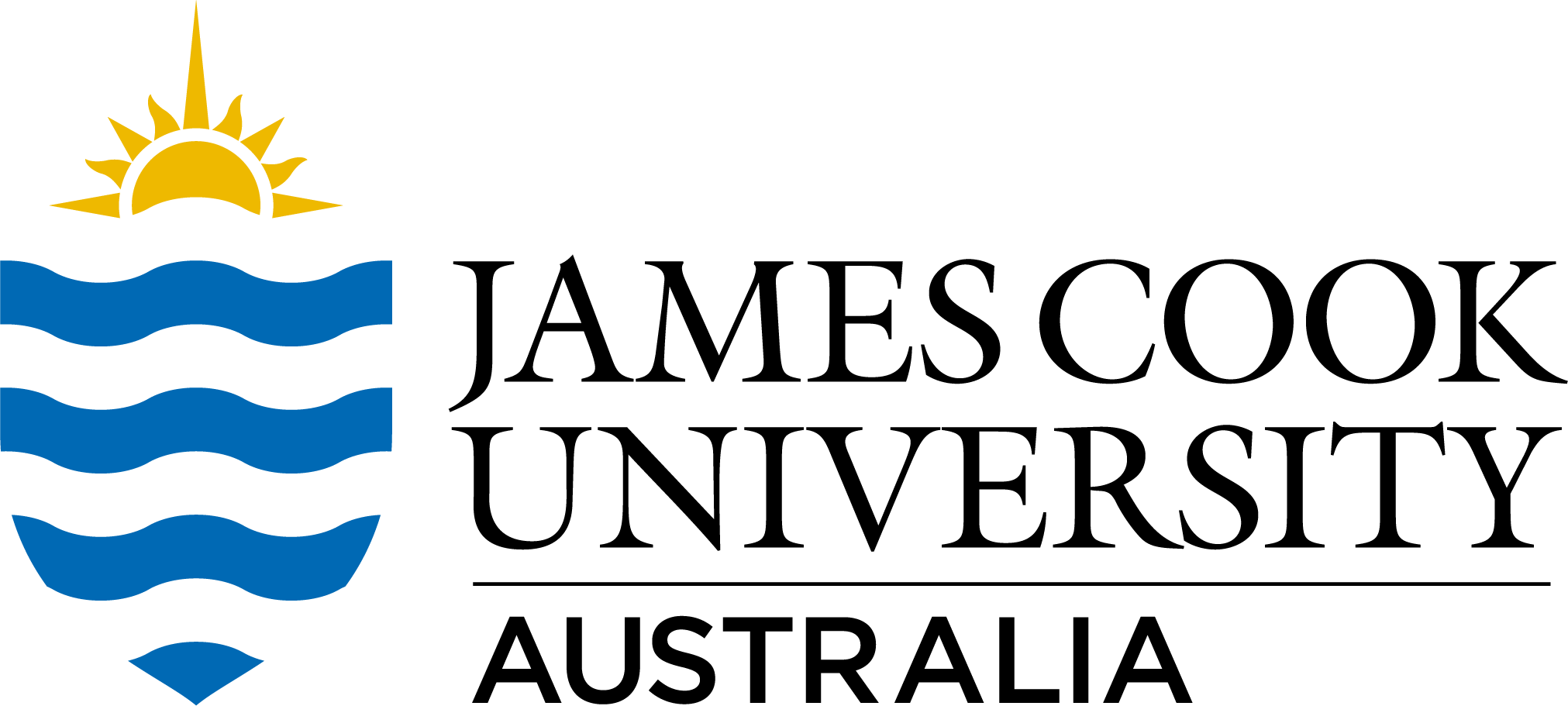Brief description
This research project consists of two distinct studies. Study 1 seeks to explore design options for circular economy business models currently reported in the electrical and electronic equipment sector of Singapore and South Korea. Meanwhile, Study 2 investigates the extent to which consumers in both countries select different Product-Service System (PSS) elements, such as a product feature or service type, for refrigerators and washing machines. Study 1 employed a morphological analysis and a systematic review. Study 2 adopted an exploratory sequential mixed-methods design, consisting of a qualitative phase of focus groups followed by a quantitative survey phase that applies conjoint analysis and Kano modelling to the survey data. The project’s dataset includes research protocols and selected literature for Study 1, while for Study 2, it comprises demographic details of the participants, as well as their responses gathered from the focus groups, Kano modelling, and conjoint analysis for Study 2.Full description
This research project aimed to achieve two primary objectives: firstly, to explore design options for circular economy business models currently reported in the electrical and electronic equipment sector of Singapore and South Korea (Study 1); and secondly, to understand how consumers in both countries evaluate product and service elements for refrigerators and washing machines (Study 2). For Study 1, the researcher employed a morphological analysis and a systematic review. Data were obtained from secondary sources, including peer-reviewed journal articles and grey literature. For Study 2, the researcher employed an exploratory sequential mixed-methods design, consisting of a qualitative phase of focus groups followed by a quantitative survey phase that applies conjoint analysis and Kano modelling to the survey data. In conducting the focus groups, the researcher employed purposive sampling to invite participants knowledgeable in sustainable consumption of electronic products and related services. Meanwhile, for Kano modelling and conjoint analysis, sampling quotas were utilised, considering age, gender, and region to ensure a representative sample. Qualitative (systematic review, focus groups) and quantitative (survey) data were collected between 2020 and 2022.
The associated files to this record include:
- MS Word files containing research protocols and selected literature for Study 1, and focus group interview scripts for Study 2
- MS Excel files containing raw survey data exported from Lighthouse Studio for conjoint analysis and Kano modelling (data is also available in .ssi format) for Study 2
Data files are also saved in OpenDocument (.ods) formats including .pdf and .csv
Software/equipment used to create/collect and manipulate/analyse the data:
- Zoom - Version 5.7.7 for Windows 10
- Lighthouse Studio (A conjoint analysis solution by Sawtooth Software) - Version 9.12 for Windows 10
- Microsoft Office (MS Word & MS Excel) - Microsoft 365 Apps for Windows 10
Created: 2023-11-30
Data time period: 05 12 2019 to 30 09 2022
text: Singapore
text: Republic of Korea
User Contributed Tags
Login to tag this record with meaningful keywords to make it easier to discover
- DOI : 10.25903/18VJ-JT91

- Local : researchdata.jcu.edu.au//published/7fae610093f111eebcf96b95329420c1


